Strengthening Communities and Social Inclusion Award
Sponsored by

This award recognises a public authority or social services provider that has made a significant and lasting impact in strengthening communities and promoting social inclusion, particularly for the most vulnerable groups such as homeless people, refugees, migrants, and those experiencing extreme poverty or social exclusion.
Examples of key areas of strengthening communities and social inclusion:
- Empowering Vulnerable Groups – Supporting homeless people, migrants and refugees through integrated services that improve access to housing, employment, healthcare, and education.
- Housing, Employment, and Skills Development – Providing training, job placement, and stable housing to enhance economic and social participation.
- Cross-Cultural Initiatives – Promoting programmes that bring together different ethnic groups and social backgrounds to foster mutual understanding and social cohesion.
- Improving Community Cohesion – Implementing community hubs and volunteer-driven initiatives.
- Strengthening Community Approaches – Supporting sustainable community development projects that empower local organisations, people using services, individuals and neighbourhoods to strengthen their communities and social networks.
- Aiding Informal Care Givers – Supporting family and voluntary community carers through trainings, resources and online or offline support groups.
Special consideration is given to initiatives that:
- Provide sustainable solutions for social inclusion, such as housing-first and housing-led models, trauma-informed support, and integrated support services for vulnerable populations.
- Address systemic barriers that prevent access to essential services, ensuring that no one is left behind.
- Engage local communities, fostering solidarity, participation, and peer support networks to strengthen social cohesion.
- Promote dignity and self-reliance, helping individuals regain stability, independence, and a sense of belonging.
- Are scalable and transferable, offering a model that can inspire other European regions to adopt inclusive practices.
Strengthening Communities and Social Inclusion Award 2025 Winner
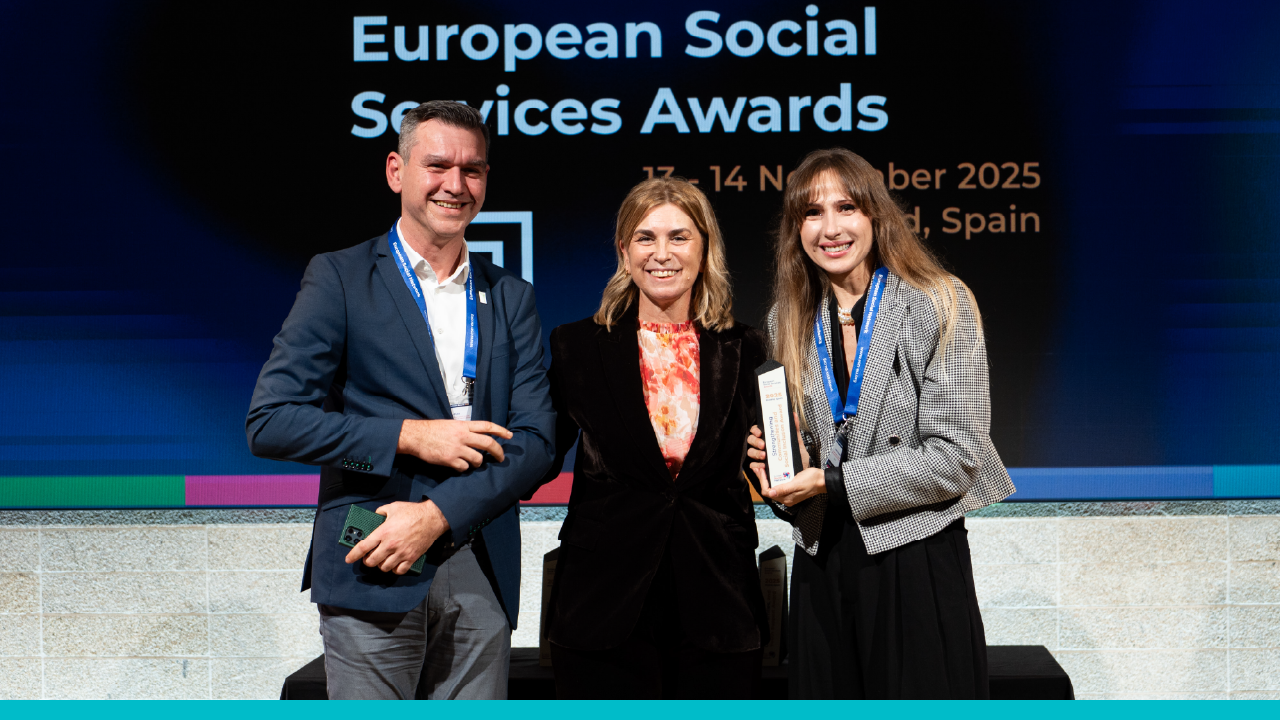
Title: “Bucharest`s 6th District Local Food Bank”
Organisation: Bucharest 6th District City Council - General Directorate for Social Care and Child Protection, Romania.
More information here: Local Food Bank 6th District, Bucharest, Romania
Summary: The 6th District Local Food Bank turns surplus food into a resource for vulnerable families, tackling hunger, waste, and environmental impact at once. By working with farmers, retailers, and local groups, it lowers support costs, brings communities together, and raises awareness about sustainable food practices. More than a food bank, this multifunctional hub prepares over 2,500 meals daily, delivers food to vulnerable groups, and runs educational, life-skills, and zero-waste programmes. It combines social inclusion, food waste reduction, and environmental sustainability, serving as a model for other communities in Romania and beyond. The main impact of the 6th District Local Food Bank has been the large-scale reduction of food waste while significantly improving food access for over 5,000 vulnerable individuals and families. From December 2024 to May 2025, it distributed over 200 tons of food, valued at more than €600,000, providing 30,000+ meals through a social canteen, 100,000+ hot meals to students, and 22,000 food packages to homebound individuals.
Strengthening Communities and Social Inclusion Award 2025 Nominees

Title: “4Empowerent Donegal: An Interagency Initiative Empowering Domestic Violence Survivors”
Organisation: Donegal Domestic Violence Services, Ireland.
More information here: 4 Empowerment Donegal | Donegal Domestic Violence Services
Summary: The 4Empowerment Donegal initiative is a first-of-its-kind project in Ireland that supports women and children recovering from domestic violence. Through a unique combination of sport, education and wellbeing programmes, it enhances mental health, reduces isolation and promotes sobriety. Guided by a trauma-informed, person-centred approach, the project empowers participants to set their own goals and through interagency collaboration, it creates scalable, community-based solutions. The project has achieved a 98% retention rate, with 100% of participants reporting improvements in mental health, sobriety, and reduced isolation, key factors in preventing return to abusive relationships. In addition, 94% of participants have not returned to an abusive relationship.
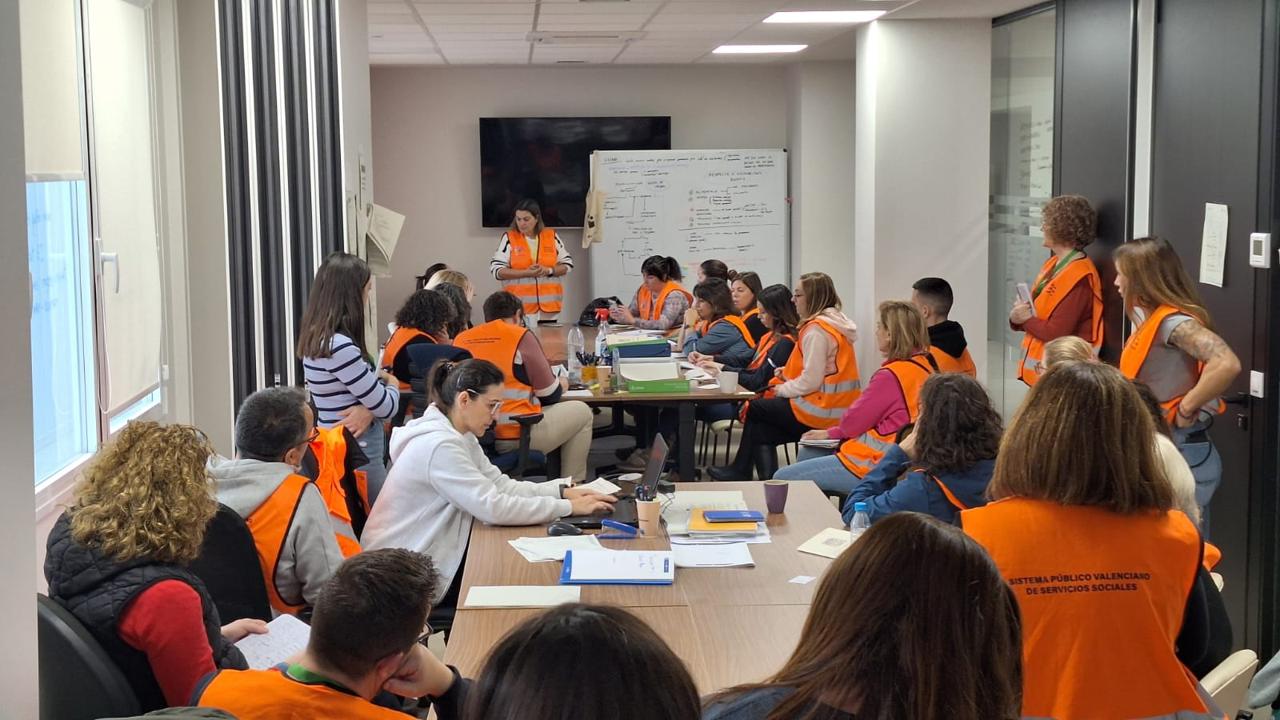
Title: “Social Work Accompanies Vital Processes”
Organisation: General Council of Social Work, Spain.
More information here: El GEIES del Consejo General del Trabajo Social se desplaza a Valencia por la situación de la Dana. - Portal del Consejo General del Trabajo Social
Summary: This project outlines the coordinated response by the General Council of Social Work and GEIES following the DANA floods in Valencia on October 29, 2024. Backed by a €700,000 grant, it delivers biopsychosocial and community-based care to affected populations. GEIES mobilized over 450 professionals for emergency and post-emergency interventions in the most impacted municipalities. The initiative also includes hiring specialized staff to support long-term recovery and strengthen local social services. Additionally, it incorporates training, protocol development, and psychosocial support for professionals to enhance resilience and care quality.
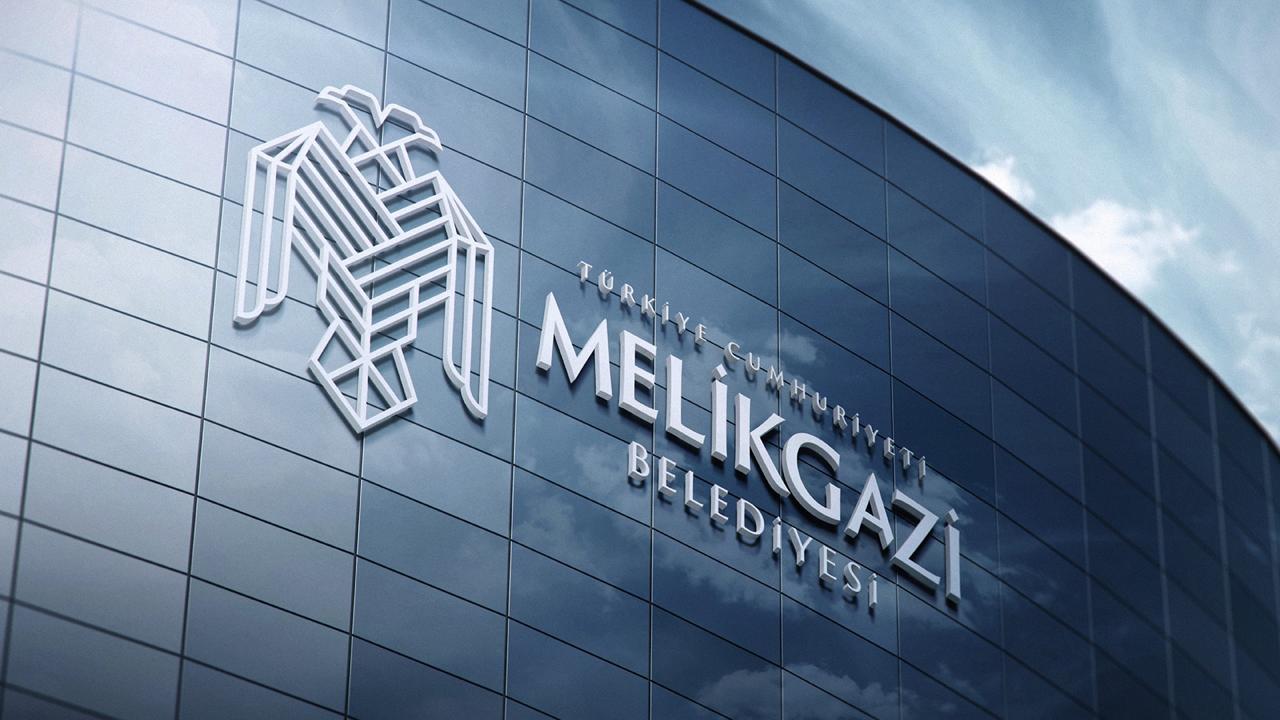
Title: “Urban Transformation Project of Kazim Karabekir Neighborhood for Social Cohesion”
Organisation: Melikgazi Municipality, Turkey.
More information here: Project Website
Summary: This project aims to enhance social cohesion in the deprived areas of the municipality of Melikgazi. This project offers a holistic approach that addresses the physical renewal of the area, along with social rehabilitation, economic integration, and social inclusion. The project led to a significant drop in crime rates and youth-related issues such as drug abuse and violence, thanks to improved living conditions and expanded social spaces. Educational access improved markedly, with 6,816 young people registering at the newly established Mind Cube Library and Technology Workshop by 2025. The introduction of natural gas infrastructure significantly reduced air pollution, positively impacting public health and environmental sustainability. Social cohesion also improved, with over 70% of residents reporting a positive change in their perception of the neighbourhood and increased participation across age groups in public services and facilities.
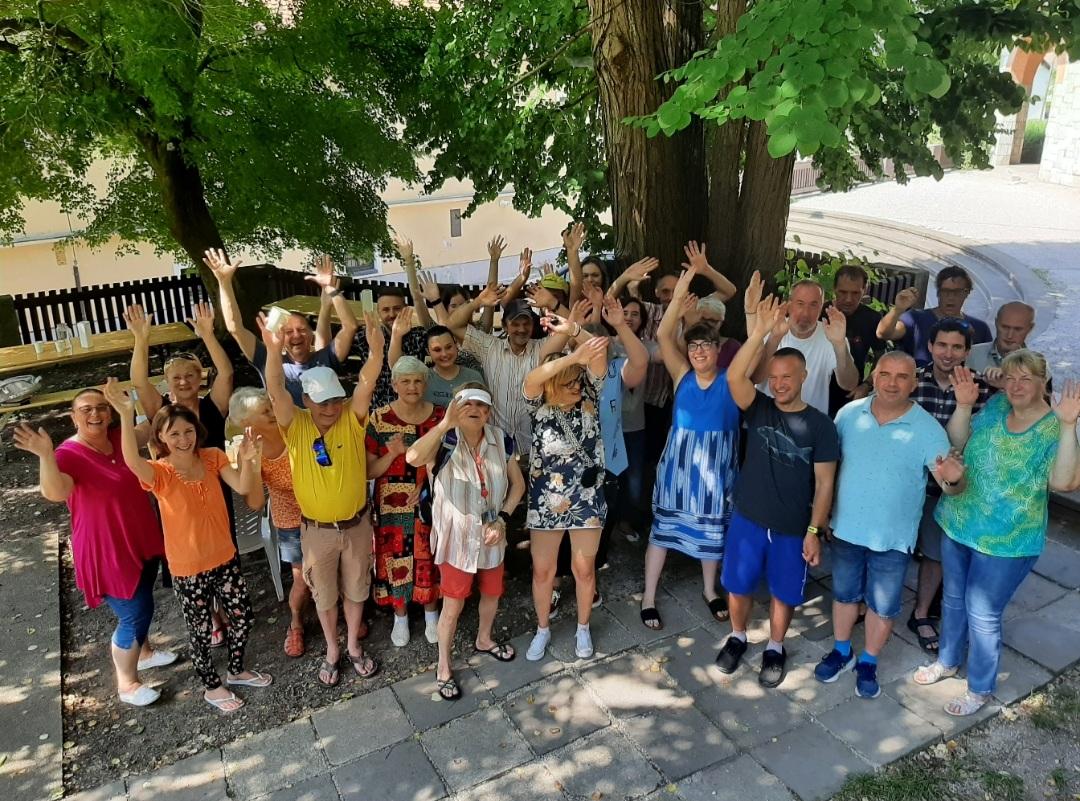
Title: “The Day Center for People with Mental Health Difficulties Štacjon”
Organisation: Association of Centres for Social Work, Slovenia.
More information here: DNEVNI CENTER ZA OSEBE S TEŽAVAMI V DUŠEVNEM ZDRAVJU ŠTACJON
Summary: The Štacjon Day Center supports adults experiencing mental health difficulties by offering a safe, inclusive space for social interaction, skill development, and personalised support aimed at improving independence and overall well-being. It also provides indirect assistance to their families and raises public awareness about mental health. The Štacjon Day Center has improved users’ mental health, independence, and social well-being, while also reducing hospitalisations and saving public costs. It engages dozens of users annually through hundreds of workshops, with many seeing personal growth and increased confidence. Users describe it as a safe, supportive space, and the programme has produced inspiring success stories, making it a scalable and impactful model.
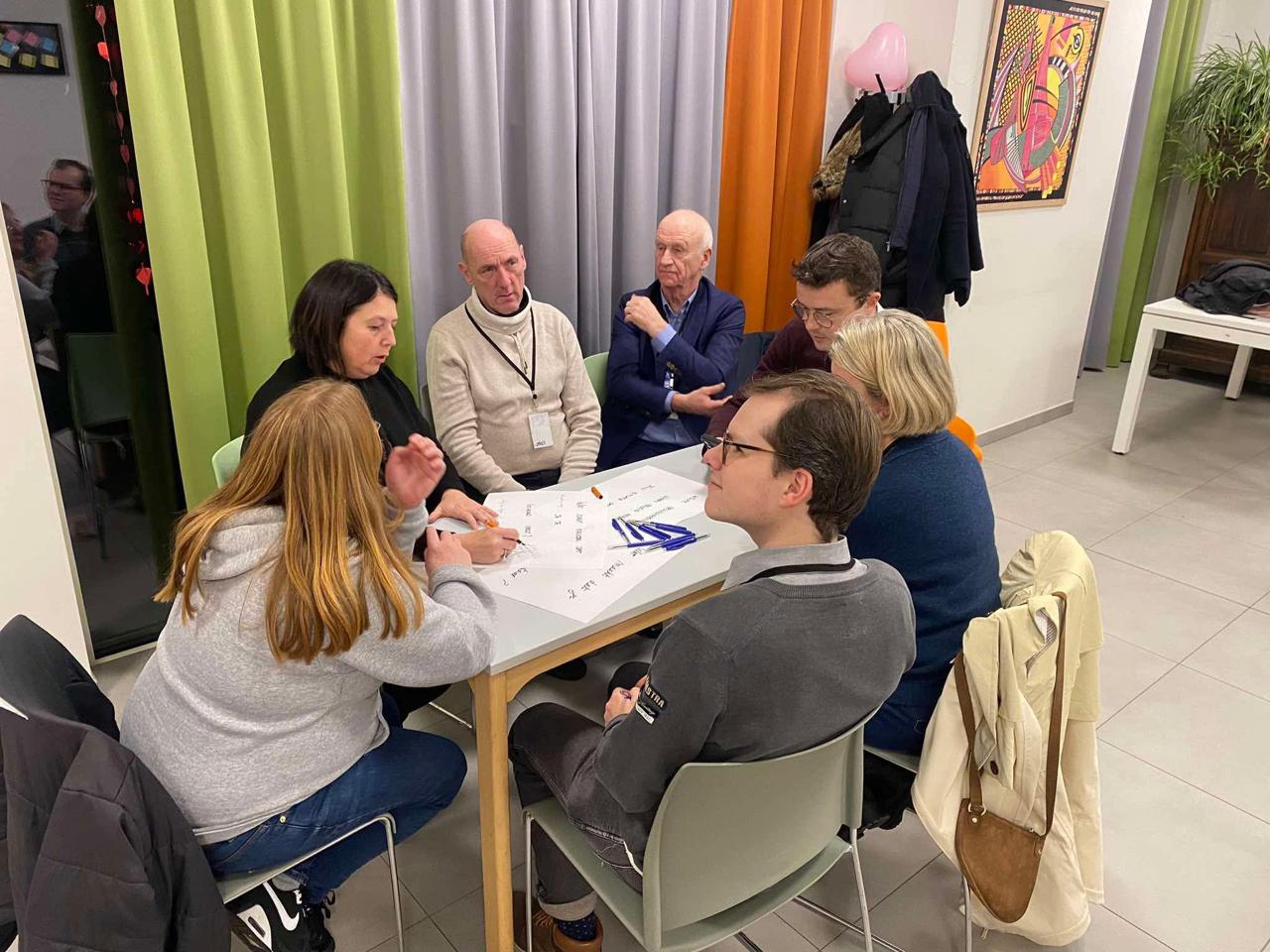
Title: “The City and the Long Run”
Organisation: vzw Wieder & Brugge Dialoogstad, in collaboration with the city of Bruges
More information here: https://www.vzwwiederbrugge.be/the-city-and-the-long-run
Summary: The City and the Long Run tackles the consultation gap between vulnerable citizens and policymakers by structurally involving those most affected in shaping social policy. It goes beyond occasional consultation, positioning vulnerable individuals as co-creators rather than passive recipients.Through long-term, trust-based collaboration, the project ensures that policies reflect real lived experiences and respond to actual needs. The aim is to make local democracy more inclusive, equitable, and resilient for the future. The results are already clear, with over 30 vulnerable citizens actively co-create social policy, and 85% now feel heard and respected by policymakers – more than double the baseline rate. In addition, their input has directly influenced Bruges’ 2025–2030 social plan, and one citizen-led initiative has already been successfully piloted. Finally, the City of Bruges is embedding co-creation structurally into its governance model, ensuring lasting impact. Participants have reported greater confidence, civic engagement, and a sense of ownership in shaping policies that affect their lives.

Title: “Cultural competency framework for Health and Social Care”
Organisation: Southern Health and Social Care Trust (SHSCT), Ireland.
More information here: Launch of Cultural Competency Framework | Southern Health & Social Care Trust
Summary: The project addresses the persistent challenges of racism, cultural barriers, and social exclusion faced by minority ethnic communities in Northern Ireland. It tackles unequal access to health and social care, unconscious bias among professionals, and the need for greater community cohesion, especially among refugee and migrant populations. The project aimed to promote cultural competence through the co-creation of co-production of a Cultural Competence Framework for all health and social care professionals. The project has also created Human Library events, where people have engaged in safe, face-to-face conversations with individuals from marginalised backgrounds. The Cultural Competence Framework has trained over 1,500 staff, promoting lasting change toward inclusive and culturally safe care. The Human Library events have gathered more than 400 participants, bringing lived experiences into direct conversation with professionals, challenging prejudice and deepening understanding.
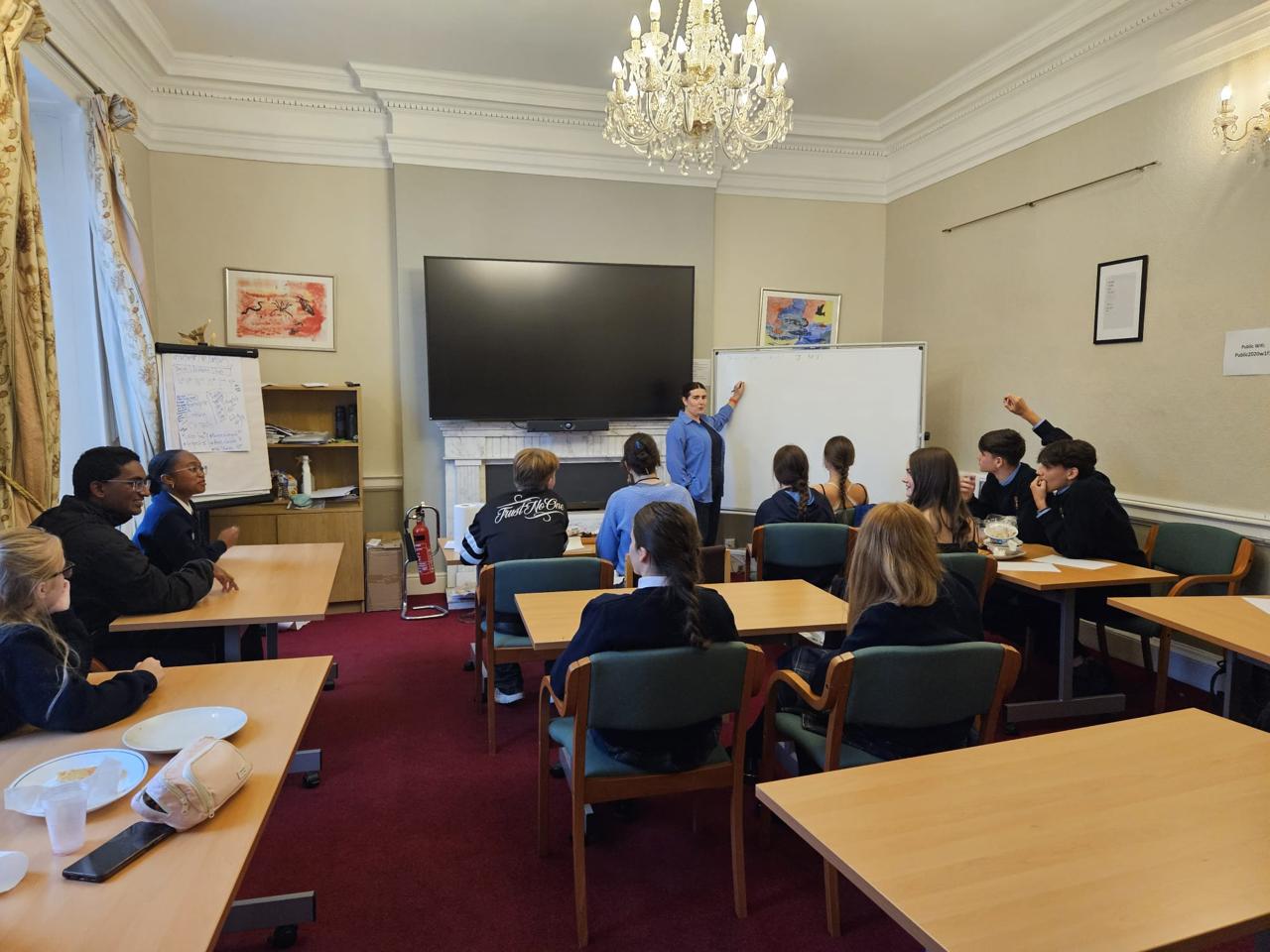
Title: “Local Community Outreach Hubs to Promote Access to Teaching”
Organisation: Dublin City University Educational Disadvantage Centre, Ireland.
More information here: Community Lifelong Learning HUBS
Summary: This project addresses the underrepresentation of students coming from a working class background among primary teachers and choosing to enrol in the university for this degree. To work on inclusion and access for these vulnerable groups, the project has established three local community outreach hubs. These hubs offer bridges to foster cultural confidence and a cohort effect where groups of socioeconomically marginalised students can come together in support of common goals. In 2033-23, 472 education sessions were delivered by the hubs and in 2023-24, 524 education sessions were delivered. Since 2017, 47 hub students have gained entry to primary teaching in the Dublin City University (DCU) Institute of Education. A key finding of the 2024 research evaluation, was that 16 out of 17 hub interviewees that gained entry to primary teaching in DCU also have a clear desire to teach in DEIS schools (i.e., schools of higher poverty) in the future.